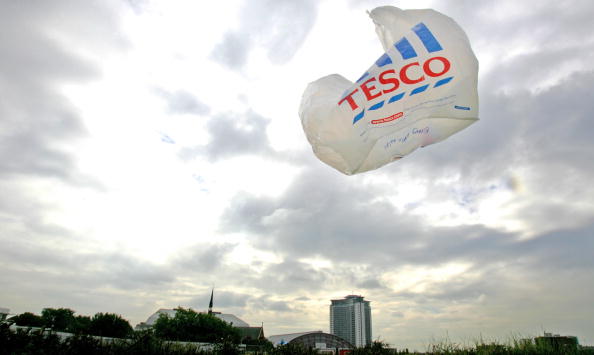Why the big supermarkets can’t deliver food in a sustainable, plastic-free way

The big four grocers have protected their dominance well over the last 40 years, using their control of the supply chain and access to customers to create untouchable economies of scale.
However, the digital revolution is changing the rules for the food and drink market.
While the initial changes created by digital seemed to be all about the efficiency of a different operational model and the extra convenience on offer to customers, what’s emerged is more interesting.
The effect is not just about big online retailers taking offline business, though there is some of that going on, but more about the fragmentation of the entire food and drink market.
Now, new businesses can create specific propositions for customer types and meal occasions. They can do this for three reasons.
The first is advertising through social media, which has made it possible to target and cheaply acquire customers with a specific interest. The second reason is that a new business can now ship cheaply to every household in the UK, mainly because of the rapid growth of the courier networks to meet e-commerce demand. And the third reason is that by selling a focused range or proposition, these companies reach buying economies of scale quickly.
The big brick and mortar retailers mainly compete on price, but they’re finding that smaller and nimbler companies can access similar buying economies. The new businesses are also offering a lot more value to their audiences by building a relationship founded on their understanding and passion for the things their customers love.
So as the big grocers’ market share diminishes, so do their economies of scale and the control they’ve exerted for so long.
This makes it a difficult time for them to respond to the other big drivers of change. Let’s take the example of one of the multiple environmental concerns that are confronting the industry: the scourge of single-use plastic.
For established retailers, the task of removing plastic from the value chain presents some tough obstacles. Plastic is ingrained in their business and operational model, helping them control the quantities products are bought in, meeting now established logistical and operational needs, and extending shelf lives.
The same is true for the brands, and so much of their brand equity is tied up in their plastic packaging. To remove plastic therefore requires a root and branch change of the grocery value chain.
This is scary for the big grocers. They can see a legislative wave is coming right behind the current wave of consumer interest, but it is hard for them to justify making a change that only a percentage of their customers will value or pay more for initially.
Just as the auto industry was slow to embrace the electric car, the established food industry is not keen to risk change.
It’s new businesses that are able to tackle the plastic problem from scratch, and with people becoming increasingly passionate about minimising waste, these nimble retailers will increase their market share in the process.